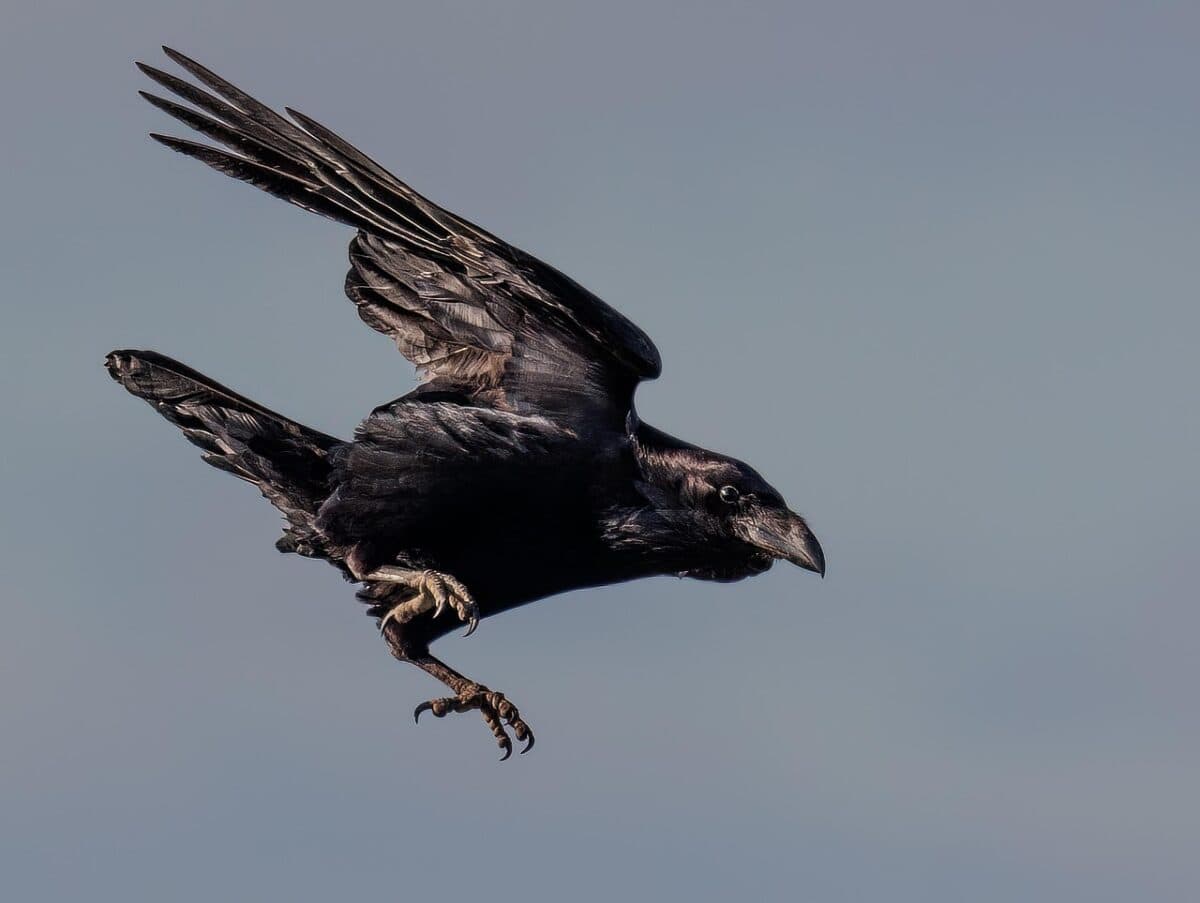In the vast tapestry of life that covers our planet, animals have always intrigued us with their unique abilities. Yet, every so often, science unveils something so astounding that it challenges our understanding of nature. Recently, scientists have discovered a creature that possesses the remarkable ability to count, and surprisingly, it isn’t a primate. This revelation not only broadens the horizon of animal intelligence but also invites us to reconsider the cognitive capabilities of non-human creatures. Join us as we delve into the world of this fascinating animal and explore its newfound talent for numbers.
The Unexpected Mathematician A Feathered Prodigy

While most people might assume that counting is a skill reserved for primates, birds have taken the spotlight in this groundbreaking discovery. Specifically, the corvid family, which includes crows, ravens, and magpies, has demonstrated an unexpected aptitude for numerical understanding. These feathered mathematicians can distinguish quantities and even perform basic arithmetic. The revelation that birds, rather than primates, can count challenges long-standing assumptions about the hierarchy of animal intelligence.
A Glimpse into the Corvid Brain
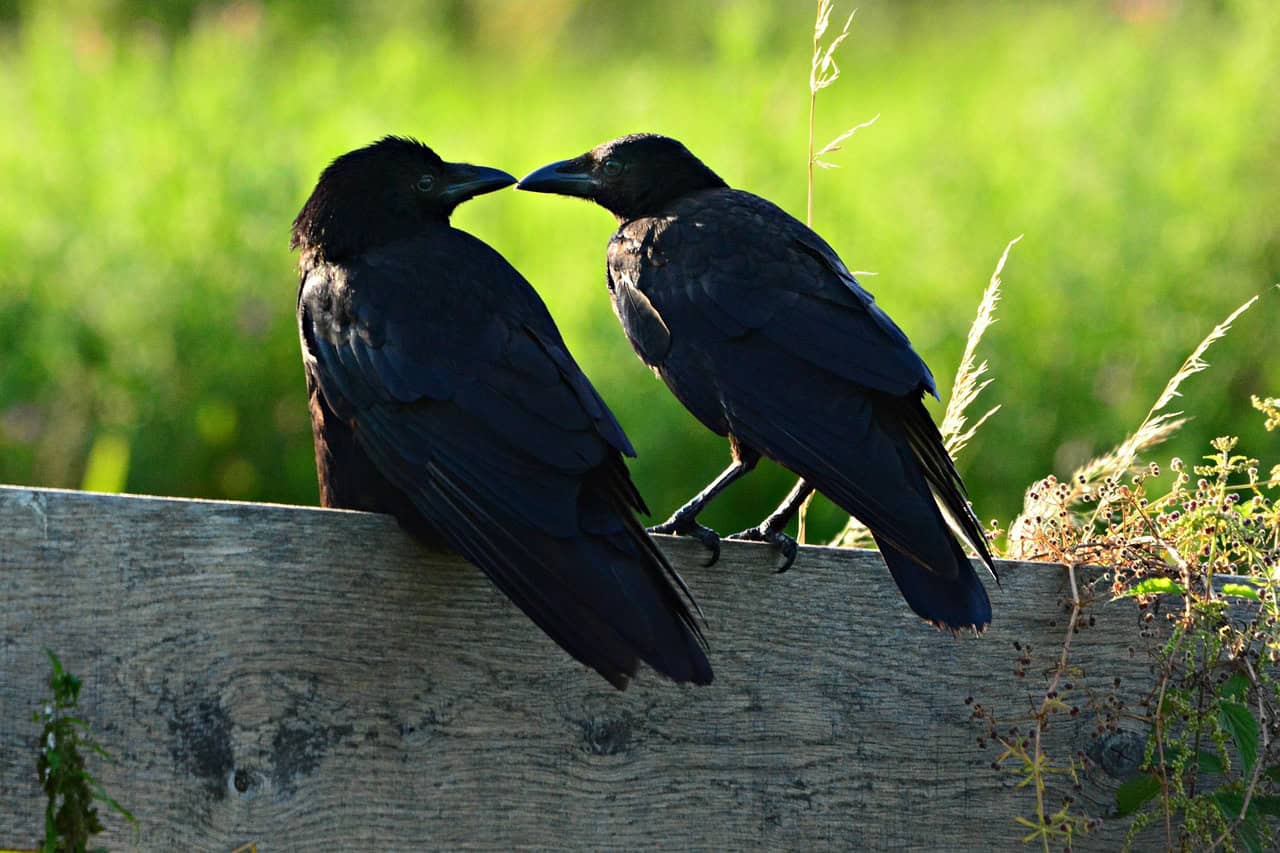
The secret behind the corvids’ counting ability lies in their complex brain structure. Despite their small size, these birds possess a brain-to-body ratio comparable to that of great apes. Within their brains, a region known as the nidopallium caudolaterale plays a pivotal role in their cognitive functions. This area is analogous to the prefrontal cortex in humans, where higher-order thinking occurs. The intricate neural connections in this region allow corvids to process numerical information swiftly and accurately.
Counting in the Wild: Practical Applications

In the wild, the ability to count offers significant survival advantages for corvids. For instance, when foraging for food, these birds can assess the quantity of seeds available and decide whether it’s worth the effort. Additionally, counting helps them in social interactions, such as determining the number of allies or rivals present in their territory. This numerical skill aids in decision-making processes, allowing corvids to optimize their chances of survival and reproduction.
Training and Testing: How Scientists Uncovered the Talent

To uncover the counting prowess of corvids, scientists devised a series of experiments that tested the birds’ ability to recognize and differentiate between quantities. Using a combination of visual and auditory cues, researchers presented corvids with different numbers of objects or sounds. The birds were then rewarded based on their correct responses. Over time, the corvids consistently demonstrated an impressive understanding of numbers, confirming their capacity for counting.
Comparative Cognition: Corvids vs. Primates
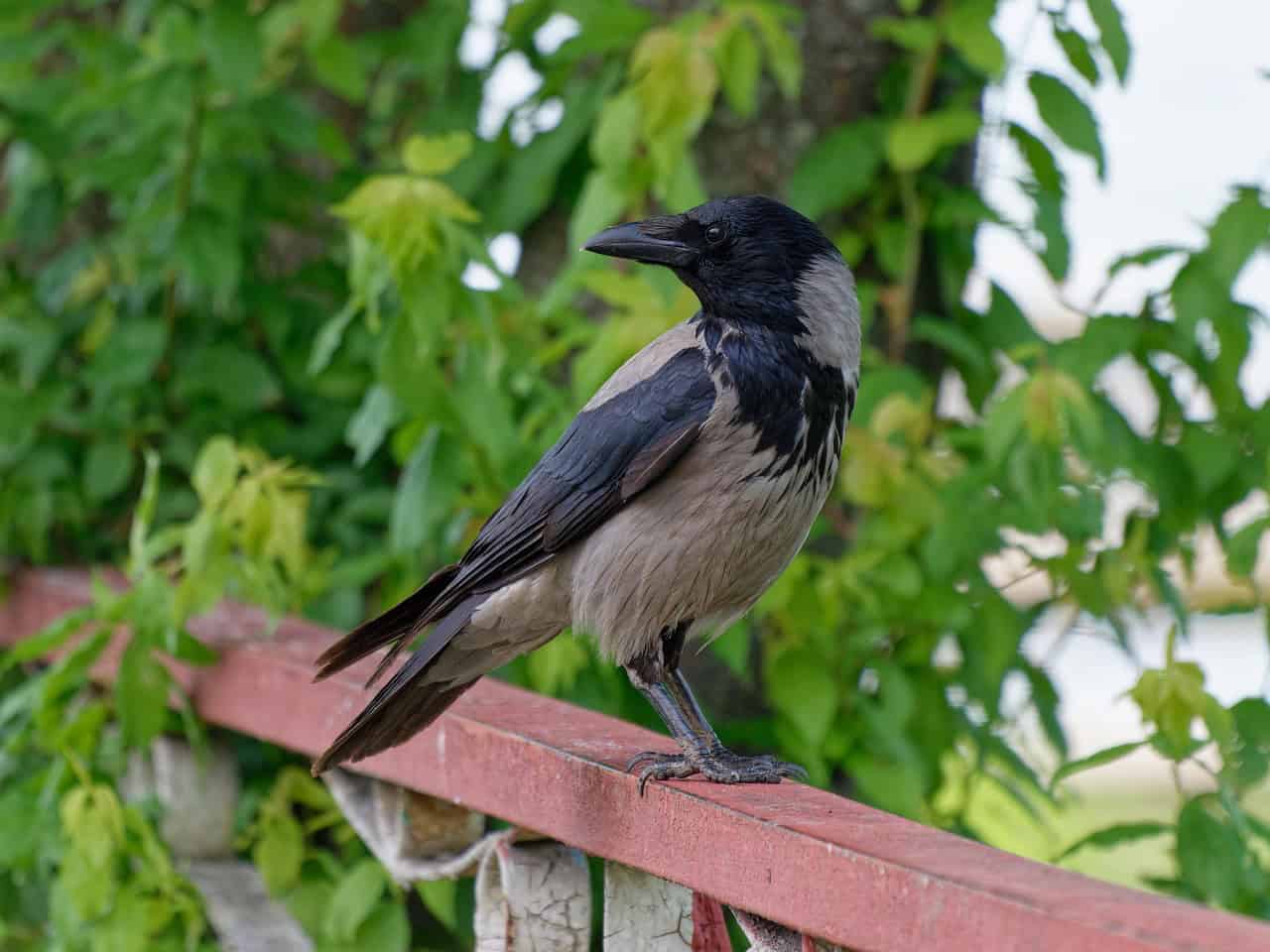
While primates have long been considered the benchmark for animal intelligence, corvids have proven themselves formidable contenders in the realm of cognition. Unlike primates, who often rely on visual cues, corvids exhibit a more versatile approach to counting, using both auditory and visual signals. This flexibility in processing numerical information highlights the adaptive nature of their intelligence and suggests that counting may be more widespread in the animal kingdom than previously thought.
Implications for Animal Intelligence Research
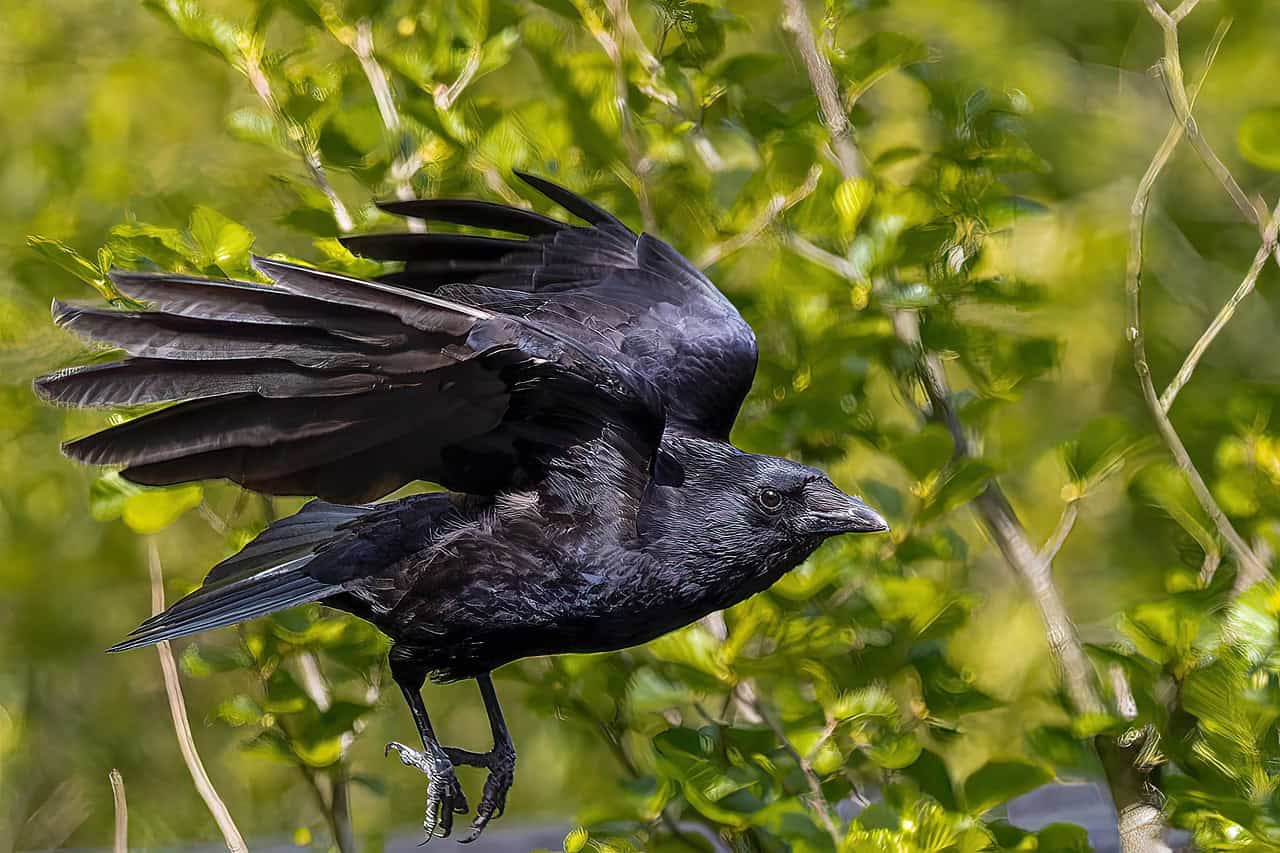
The discovery of counting abilities in corvids has significant implications for the field of animal cognition. It challenges researchers to broaden their perspectives and explore intelligence beyond the primate-centric view. By studying corvids, scientists can gain insights into the evolutionary origins of numerical understanding and its role in different species. This, in turn, could lead to a deeper appreciation of the diverse cognitive capabilities that exist across the animal kingdom.
Cultural Significance of Corvids
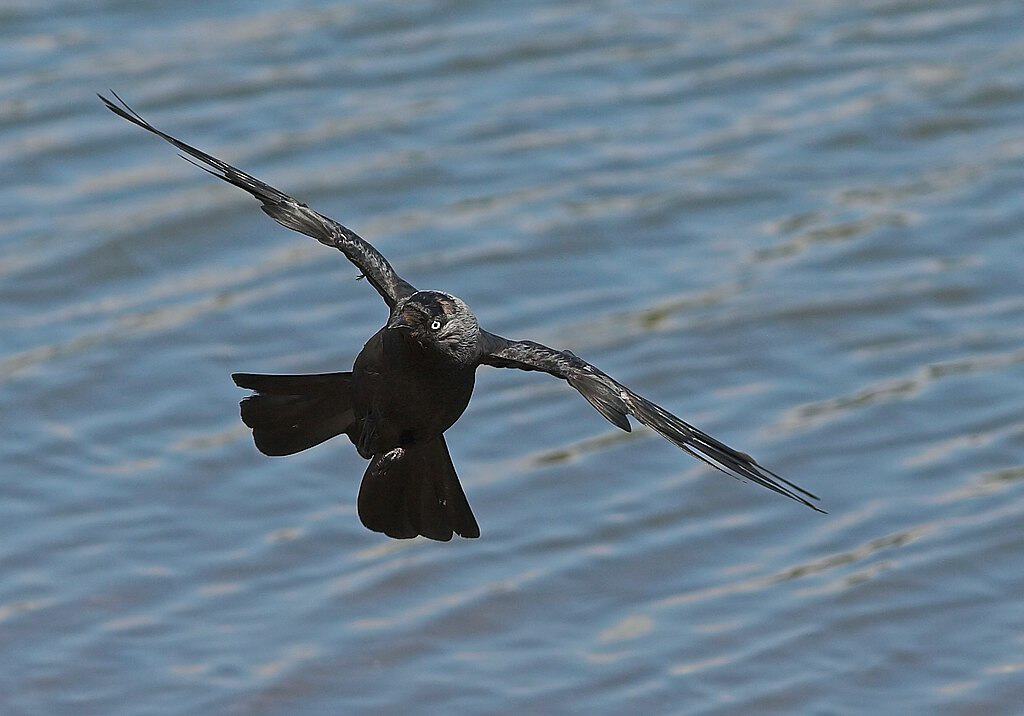
Throughout history, corvids have held a special place in various cultures and mythologies. Often depicted as symbols of intelligence and cunning, these birds have been revered and respected for their unique traits. The discovery of their counting ability adds another layer to their cultural significance, reinforcing the idea that corvids possess an extraordinary level of intelligence. This newfound understanding may prompt us to reevaluate the way we perceive and interact with these remarkable creatures.
The Role of Environment in Cognitive Development
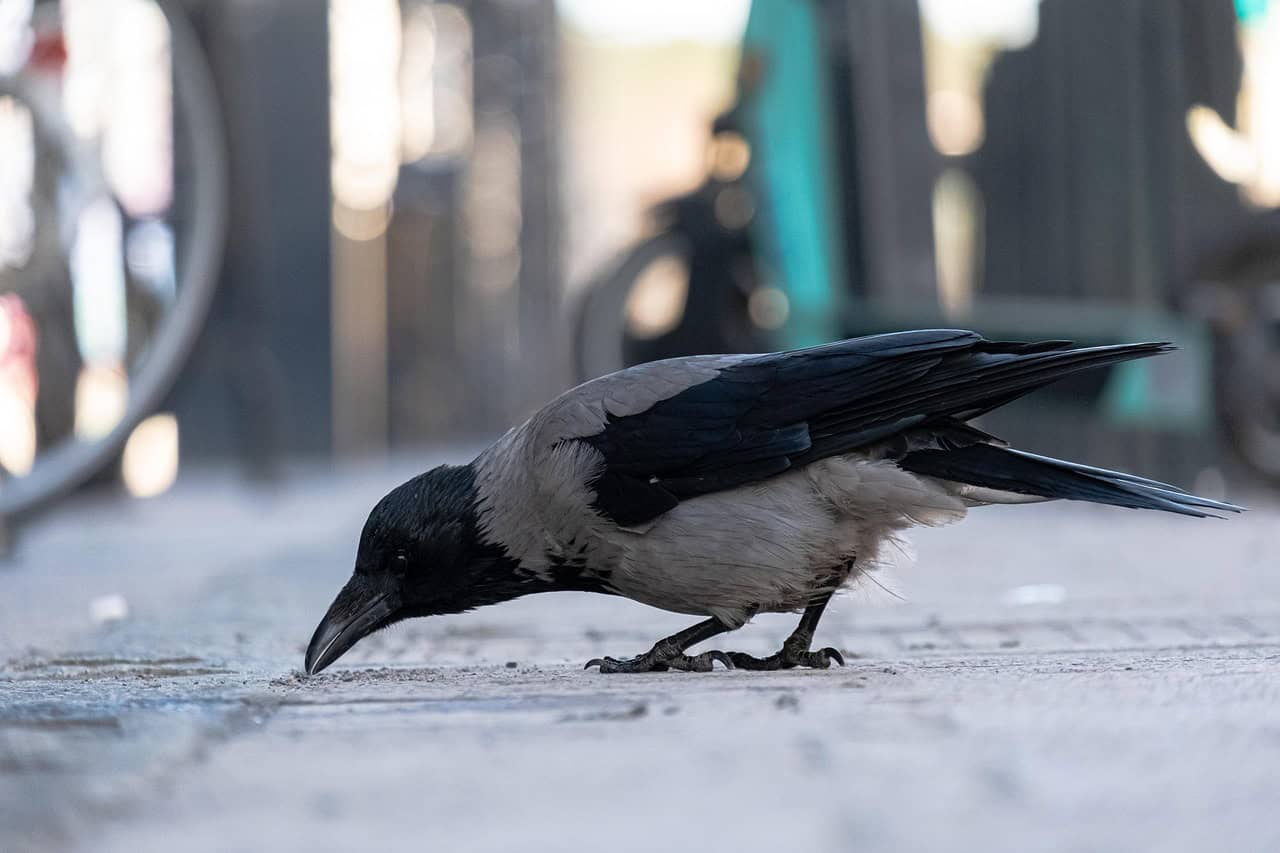
The environment plays a crucial role in shaping the cognitive abilities of corvids. These birds are known for their adaptability and resourcefulness, traits that have been honed through years of evolution in diverse habitats. The challenges they face in the wild necessitate the development of advanced problem-solving skills, including counting. By studying corvids in their natural environments, scientists can gain valuable insights into the relationship between ecological factors and cognitive development.
Corvids in Popular Media
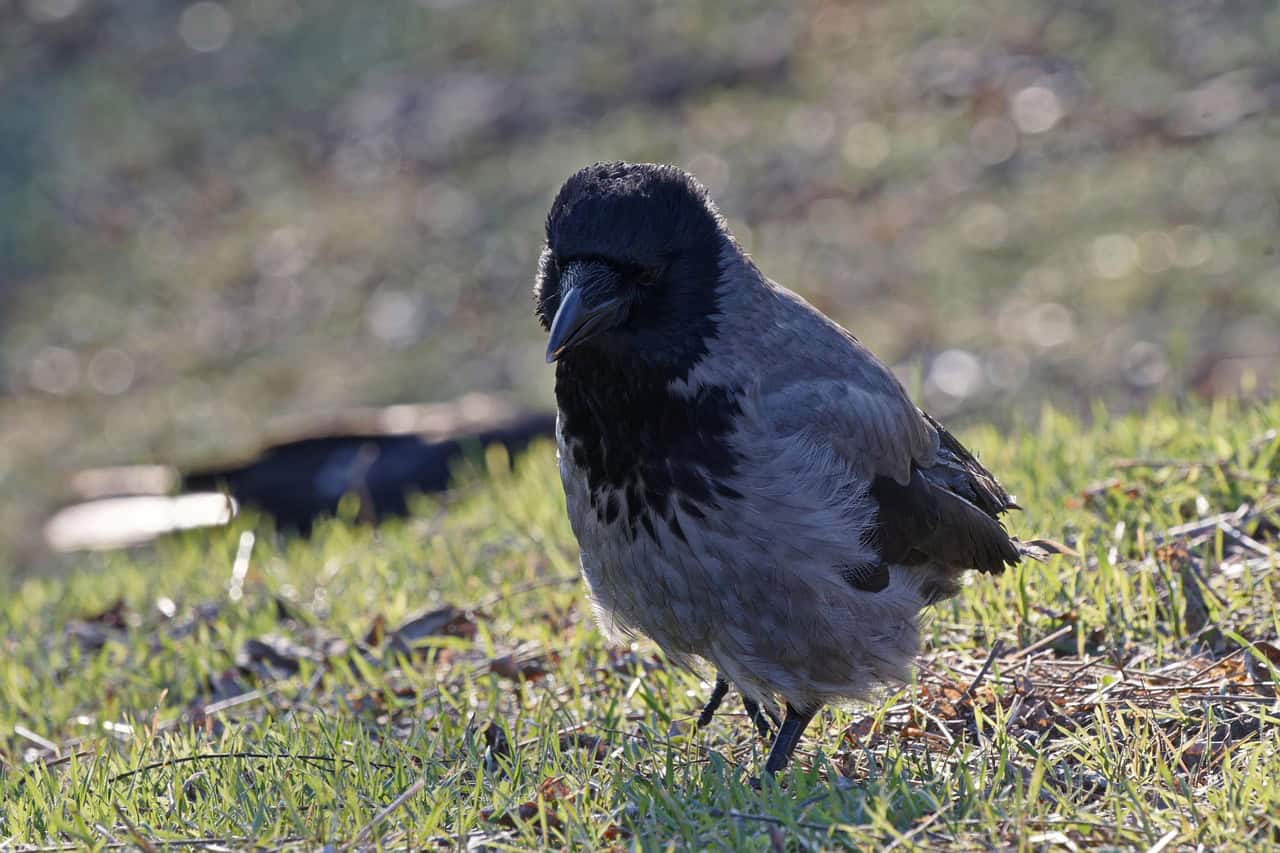
Corvids have captured the imagination of storytellers and filmmakers alike, often portrayed as wise and enigmatic creatures. Movies and literature frequently depict these birds as symbols of wisdom and mystery, drawing on their real-world intelligence. The revelation of their counting ability adds a new dimension to their portrayal in popular media, offering fresh inspiration for creative works that celebrate their remarkable talents.
Broader Implications for Education and Conservation
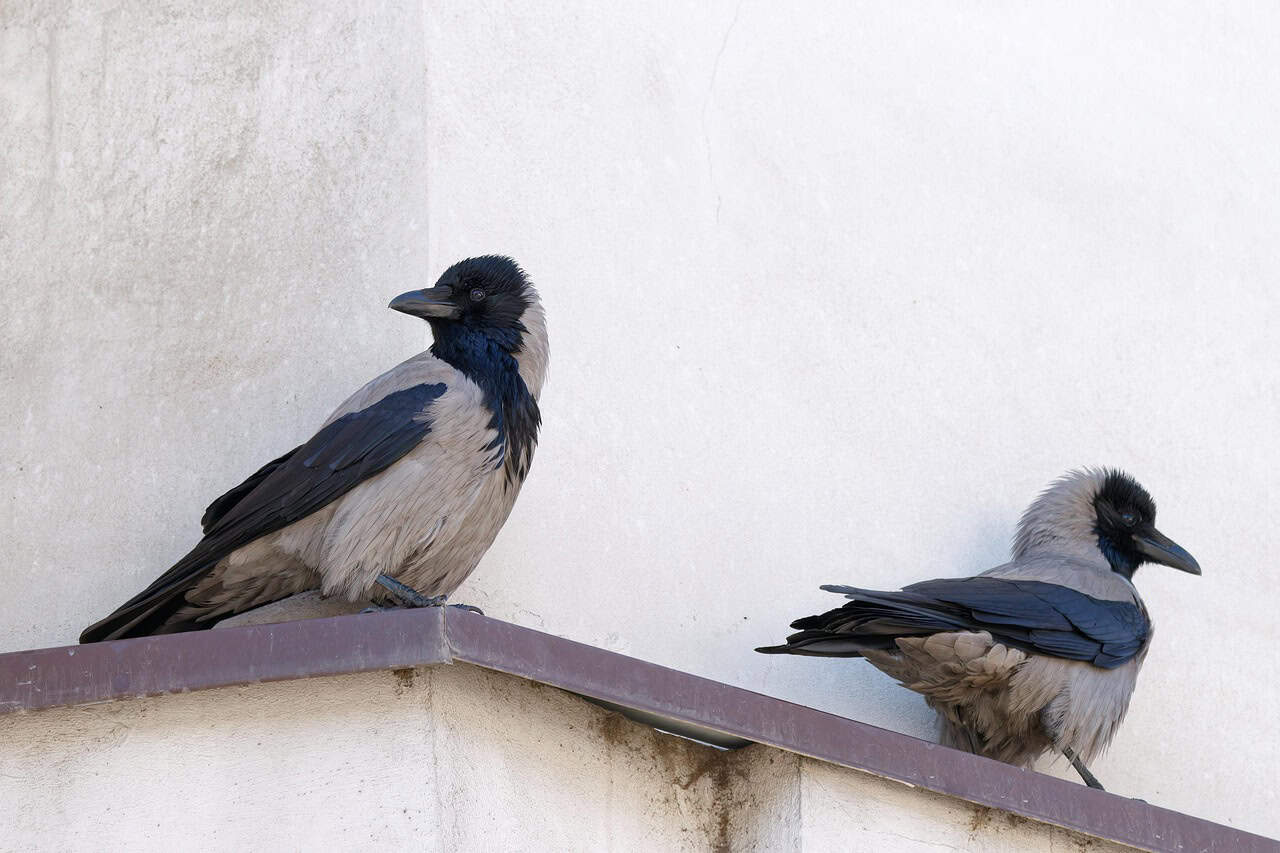
Understanding the counting abilities of corvids has broader implications for education and conservation efforts. By highlighting the intelligence of these birds, educators can inspire curiosity and appreciation for animal cognition among students. Additionally, recognizing the cognitive capabilities of corvids may bolster conservation efforts, as people become more invested in protecting these intelligent creatures and their habitats.
Future Research Directions
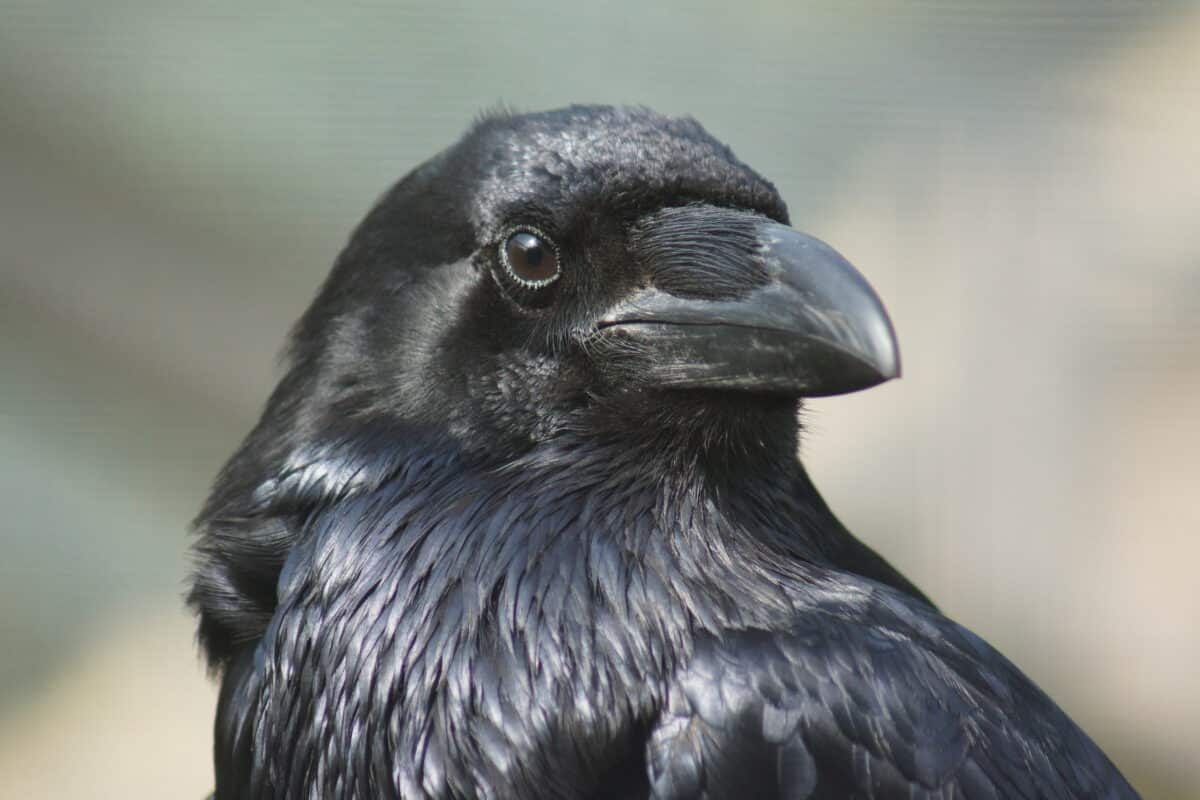
The discovery of counting abilities in corvids opens up exciting avenues for future research. Scientists are eager to explore the extent of these birds’ numerical understanding and investigate whether other species possess similar skills. By expanding their studies to include a wider range of animals, researchers hope to uncover the evolutionary basis of counting and its role in the animal kingdom. This research could ultimately reshape our understanding of intelligence in the natural world.
Challenges in Studying Animal Cognition
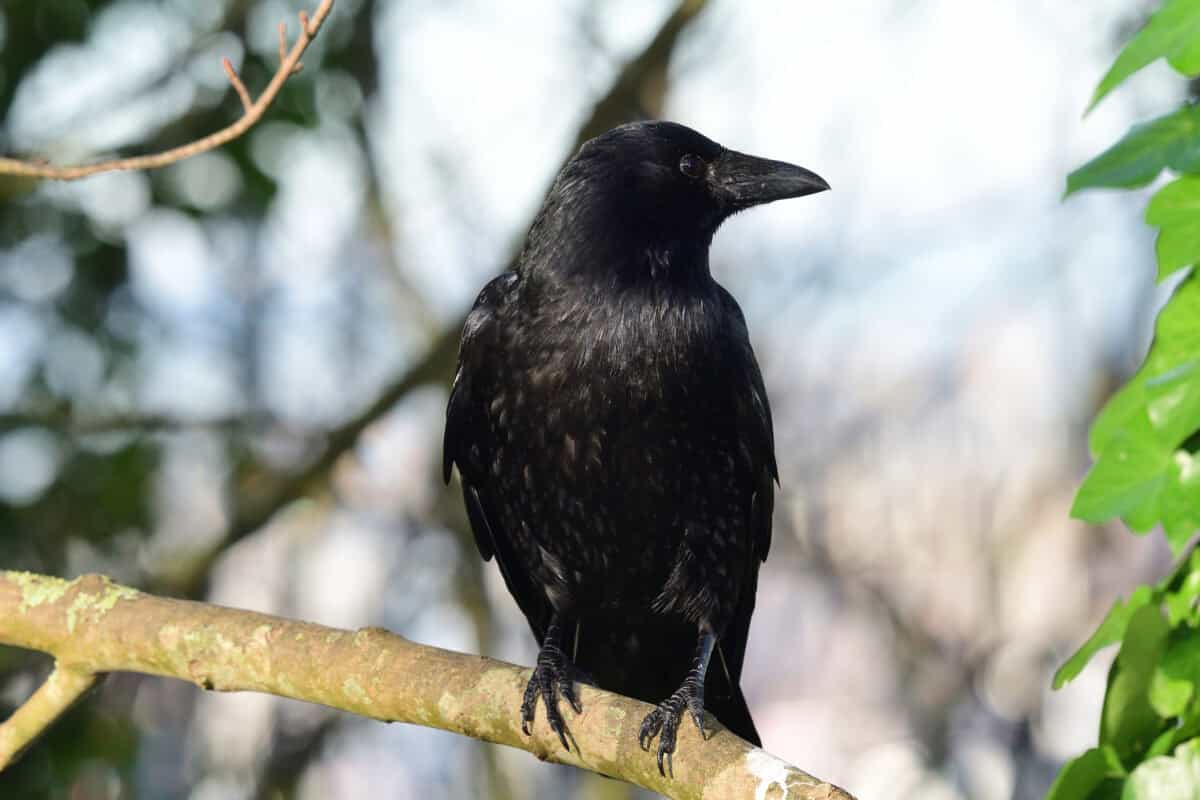
Studying animal cognition presents unique challenges, particularly when it comes to interpreting behaviors and drawing conclusions about intelligence. Researchers must carefully design experiments that account for potential biases and ensure that their findings are robust and replicable. Despite these challenges, the discovery of counting abilities in corvids underscores the importance of continued research in this field, as it holds the potential to transform our understanding of animal minds.
Collaboration Across Disciplines

The study of corvid intelligence benefits from collaboration across multiple disciplines, including biology, psychology, and neuroscience. By bringing together experts from different fields, researchers can gain a more comprehensive understanding of the mechanisms underlying counting abilities in these birds. This interdisciplinary approach fosters innovation and encourages the development of new methodologies for studying animal cognition.
Public Engagement and Awareness

Raising public awareness about the counting abilities of corvids is essential for fostering appreciation and understanding of these intelligent creatures. Through outreach programs, documentaries, and educational initiatives, scientists can engage the public and share their findings in accessible and engaging ways. By sparking curiosity and interest, these efforts can help bridge the gap between scientific research and public perception, promoting a deeper connection with the natural world.
The Fascinating World of Animal Intelligence

The discovery that corvids can count is a testament to the incredible diversity of intelligence in the animal kingdom. It challenges us to reconsider our assumptions about the limits of non-human cognition and encourages us to explore the untapped potential of other species. As we continue to unravel the mysteries of animal minds, we gain a deeper appreciation for the complexity and wonder of the natural world, sparking a sense of awe and curiosity that drives scientific discovery forward.
- 10 American Rivers Where You Should Never Swim - August 23, 2025
- 13 Surprising Animals Thriving in Urban America - August 23, 2025
- 13 Common Birdwatching Mistakes and How to Fix Them - August 23, 2025

